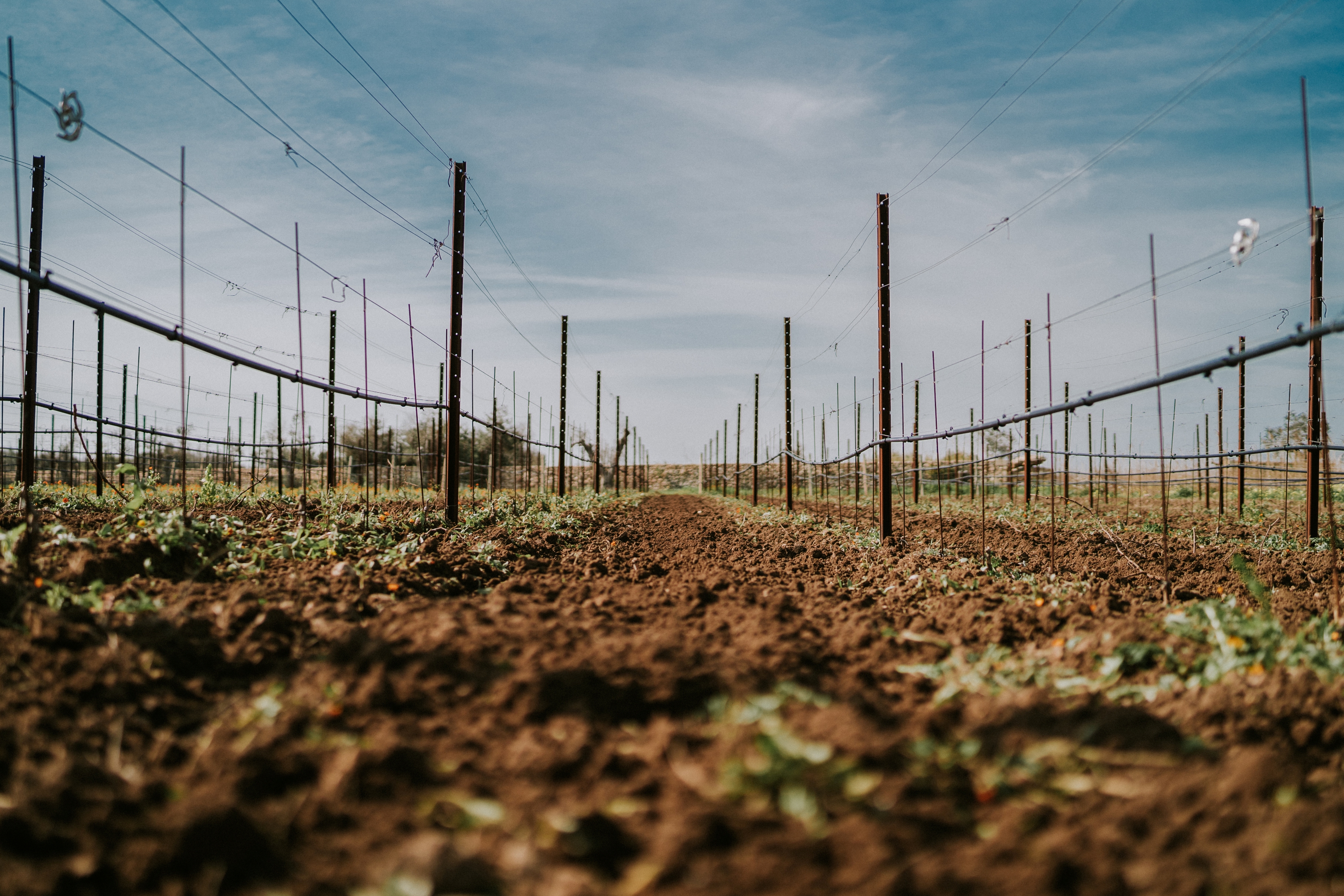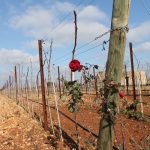Given the probable French origins, it is appropriate to consider the value attributed to this term across the Alps.
In France, the term ‘Terroir’ is associated with a wine born from a single vineyard that gives grapes unique characteristics. To explain this uniqueness, not only the soil but many factors such as the climate, the morphology of the soil, the altitude, the exposure, the geological characteristics of the soil and the mineral and organic components are involved in its composition. Additionally, we can also count the drainage of water, indigenous yeasts and finally the choices of the manufacturer.
Technically, all of this can be schematized into Natural and Anthropic elements.
A fundamental concept is that The‘Terroir’ is unique and the uniqueness of the soil is the most difficult resource to protect. Furthermore, it is not as reproducible as any of the characteristics of a given place.
Two wines produced from the same grape andfrom the same producer but coming from different vineyards are inevitably different. Oenological practices are exportable but not all the other previously analisedelements are. That’s why every wine is an expression of its ‘Terroir’.
Considering all of this, Human kind can enhance or destroy, with his intervention, what The‘Terroir’ gives him. Although Wine is ‘natural’, is not made on its own but requires human’s knowledge and technique.
There is no favorable soil related to the quality of a wine or a grape variety better than another. There are only good or bad interactions between soil and grape variety.
Centuries ago, Leonardo da Vinci used to say: “we know more about the movement of celestial bodies than the ground under our feet”. Nowadays, we can continue to affirm that there is still so much more to discover about‘Terroirs’ around the world.
Tenuta Liliana Staff





